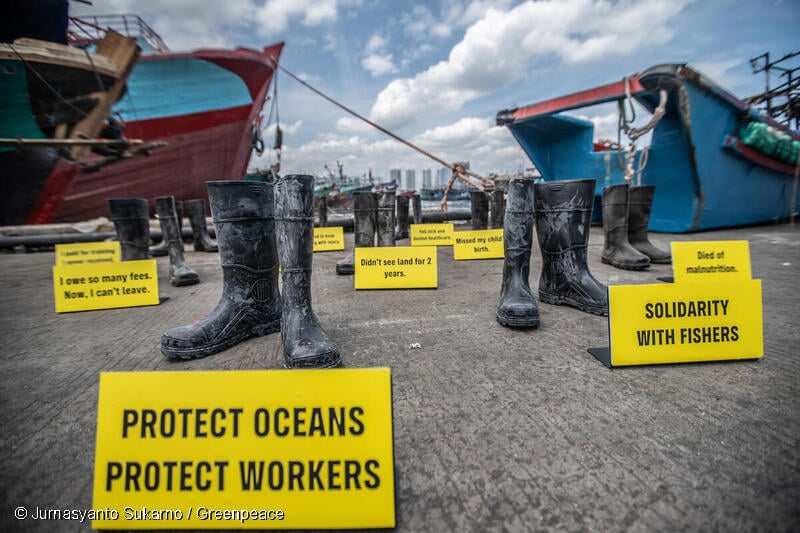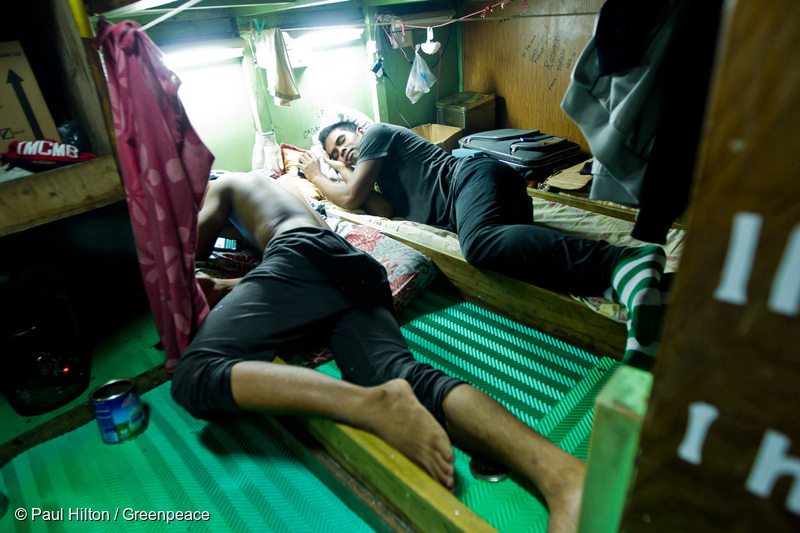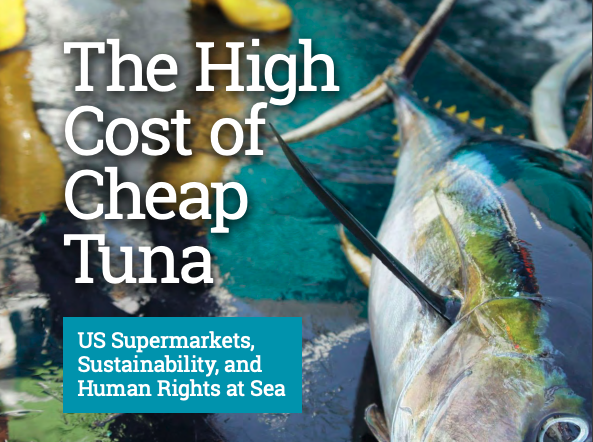Fisheries observers have faced intimidation, threats, and have even disappeared or been killed while on the job, but the international, national, and corporate policy responses have been woefully lacking.
Fisheries observers are human rights defenders on the world’s oceans. These individuals work independently onboard commercial fishing vessels around the world to collect scientific data on the state of the marine environment, and in some instances report on compliance with fisheries conservation and management measures. The data they provide is crucial to assess fish populations, determine sustainable catch levels and to the conservation of the marine ecosystems that fisheries rely on. Without the data, information and third-party insight on fishing activities that fisheries observers provide—along with the effective follow up on their reports—the right to a healthy and sustainable environment, the right to life, the right to health, the right to food, and the livelihoods of billions of people would be even more threatened. Fisheries observers risk their lives defending not only our human rights related to the environment but the environment on which our human rights depend.
Fisheries observers have faced intimidation, threats, and have even disappeared or been killed while on the job, but the international, national, and corporate policy responses have been woefully lacking. Newly-appointed Special Rapporteur on the Situation of Human Rights Defenders, Mary Lawlor, recently stated she wants to focus particular attention on isolated and vulnerable human rights defenders. The time is now for international recognition of the important human rights work that fisheries observers conduct and to reform policies to ensure their protection.
In this briefing note explains:
- who are human rights defenders;
- why fisheries observers are human rights defenders;
- what special protections are fisheries observers entitled to as human rights defenders and what obligations do states (and private actors) have in safeguarding those protections; and
- what are current shortcomings and gaps in the protection of fisheries observers.
Finally, we offer several recommendations to adequately protect fisheries observers as key human rights defenders.
Download the briefing here: Fisheries Observers are Human Rights Defenders on the World’s Oceans



